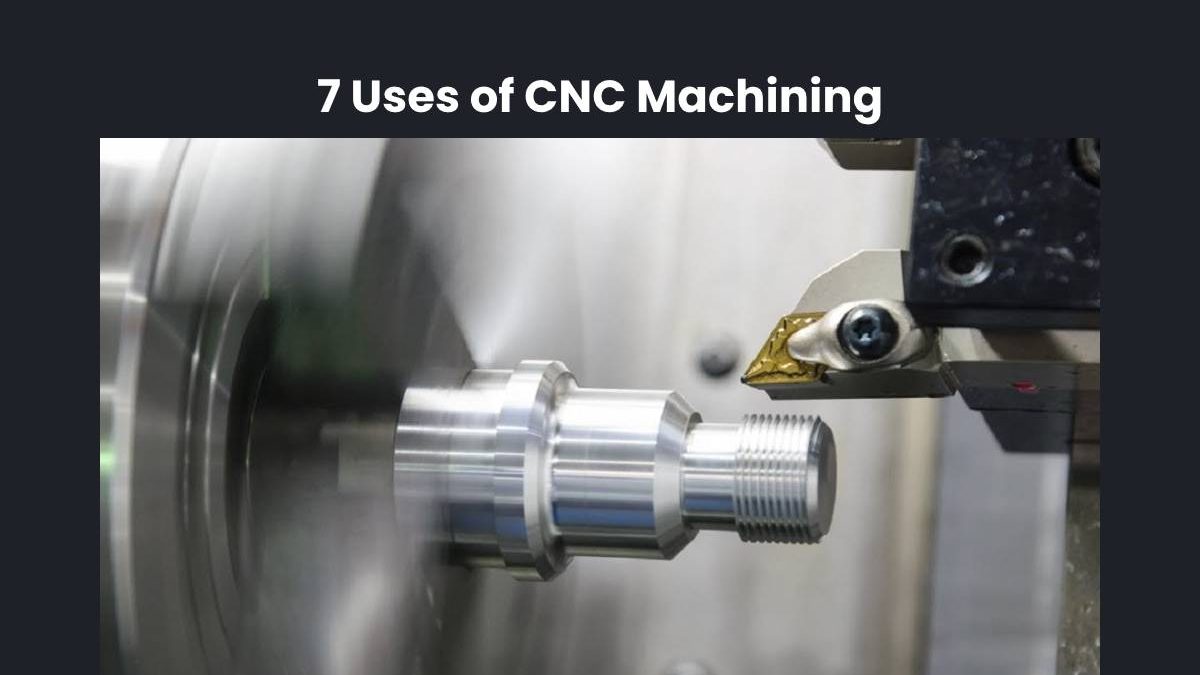If you work in the defence, electrical, automobile sector, or almost in any industry, you’ve almost likely heard of the CNC machine. CNC (Computer Numerical Control) has been around since the 1940s.
Since then, CNC technology has advanced significantly, CNC machines today have a wide range of new uses. Let’s look at some of the most popular CNC machining uses.
Table of Contents
1. Aerospace
The aerospace sector’s demand for high precision and accuracy, combined with the need to assure part history for audits, makes CNC machining of components a logical solution. To maintain the compliance and safety of particularly important aeronautical parts, tolerances on the order of 0.0001″ are required. CNC machining is the appropriate choice for making everything from simple, high tolerance spacers.
In addition,
Furthermore, with metal curtains operators can easily access to their workstation machines.
2. Commercial
Commercial items must be repeatable in large quantities while being competitive in price. CNC machining’s versatility allows for the production of a wide range of component sizes and shapes in a variety of materials.
3. Defense
A CNC machining helps create communication equipment for tank parts when we use it in the defense sector. However, defense sector partners must share the same dedication to quality and on-time delivery to ensure that critical CNC-made components satisfy stringent industry requirements and comply with government safety regulations.
5. Electronics
Components are growing smaller and more powerful as the trend of downsizing in consumer electronics continues while remaining lightweight and compact. Even in high-volume production runs, CNC small scale and micromachining can handle the unique materials required, maintaining extremely tight tolerances for the tiniest component.
6. Transportation
CNC technology is used in some form or another by the aviation, railway, and automobile industries since it provides such a diverse range of services.
When you’re thousands of feet in the air, plane parts must be constructed with extreme precision to ensure that everything works properly.
7. Research and Development
Prototypes and some degree of trial and error are required in practically every industry for research and development. Physics, chemistry, biotechnology, handicrafts, and other fields are included. CNC machining enables you to convert whatever notion you have in your head into a reality with skilled precision.
Since its inception, it has been used to develop precise prototypes in almost every sector imaginable, and it continues to do so today.
8. Optical
Working with a CNC machining expert saves time in all phases, from prototyping to production, which is especially beneficial in the optical industry, where several trials are conducted during the product development phase. Design changes are simple to incorporate and test, and once in production, the CNC machining process’s short lead times and high levels of quality control become critical to assuring profitability.

